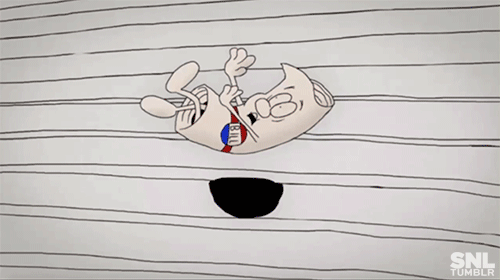
Written by Paula Parisi — The music industry-backed Copyright Accountability Act was introduced in the Senate Judiciary Committee this week with powerful bi-partisan sponsorship: chairman Chuck Grassley (R-Iowa), ranking member Dianne Feinstein (D-Calif.), and senators Patrick Leahy (D-VT.) and Orrin Hatch (R-Utah).
The fact that the Senate is moving forward with the same language as H.R. 1695, approved by the House of Representatives last week in a landslide vote of 378 to 48, bodes well for the measure, which proposes to make the Register of Copyrights a presidentially appointed, Senate-confirmed position.
Senate passage is trickier than moving a bill through the House, as individual senators have more power to obstruct, and more than a simple majority is required to advance most legislation. But the speed with which the senate has taken up a cause championed by music professionals has been noted and is seen to bode well for other recording industry initiatives.
Pending legislation includes the Fair Play Fair Pay Act, the Songwriters Equity Act, and the Allocation for Music Producers, or AMP Act. “We’re seeing some good momentum, and it feels like now is the time things are going to get going for the next year to year-and-a-half,” Recording Academy chief advocacy and industry relations officer Daryl Friedman said.
As the Copyright Accountability Act winds to the president’s desk, the next area of focus will likely Fair Play Fair Pay Act, which seeks equitable compensation for performers from broadcast radio stations.
“We’ve had significant movement on the performance royalty issue,” Friedman said, noting, “We’re the only country in the developed world where radio is exempted from paying for music,” putting the U.S. in the company of the U.S. is in the company of China, North Korea, and Rwanda. “This is our lead issue, and there’s momentum brewing to get performance royalties for artists,” Friedman added.
Under the present U.S. system, dating to 1934, songwriters are compensated for traditional radio airplay but the artists performing the songs are not. The estimated $17 billion a year over-the-air radio market and its National Association of Broadcasters trade group have been aggressively opposing changes to the old rules.
Non-interactive internet radio stations like Pandora and Sirius are required to pay performers (and the on-demand services must negotiate performance rates with the individual record labels or rights holders). The Fair Play Fair Pay bill, was re-introduced in the house as H.R. 1836 on March 30, but as part of a more complicated rules change is not moving as quickly as the Copyright Accountability Act.
Congressman Darrell Issa (R-CA) has introduced his own version of Fair Play, known as the Promote Act, which seeks to compensate performers. “Mr. Issa’s proposed legislation really calls the bluff of the radio stations” arguing that they provide ‘free advertising’ for artists, Friedman said. “When an artist plays a concert or their music is played on internet radio, or even used in a commercial, there is some promotional benefit, but the artist gets paid. So it’s not that promotion isn’t a factor, but radio shouldn’t be the exception that doesn’t have to pay a penny because of the excuse that it’s promotional.”
Songwriters have payment issues of their own, taking on the consent decrees that require the government, as opposed to the free market, to establish their compensation rates. “The fact is U.S. music licensing regulations are out of step with how people consume music today, and with how the rest of the world works,” ASCAP president and chairman Paul Williams said. “If millions of people around the world are streaming your song, you should be fairly compensated for it.” Even reliable hitmakers, Williams noted, “are struggling to get by in this new music economy.” ASCAP mounted a successful “Stand with Songwriters” advocacy day that saw artist including Peter Frampton and Matchbox Twenty’s Rob Thomas take to the hill on April 26, the day H.R. 1695 received house passage, and he vows more action ahead.
Other IP rights groups are joining in the fight. “We were thrilled to see the Copyright Accountability Act move so quickly and with so much support, getting approximately 90 percent of the vote on the house floor, and think it will get same reception in the senate,” said Copyright Alliance CEO Keith Kupferschmid, whose organization represents more than two million individual creators and 13,000 organizations, ranging from movie studios to newspapers. “This is going to be a big year for intellectual property owners.”
Click here to read more from this article's source.












































